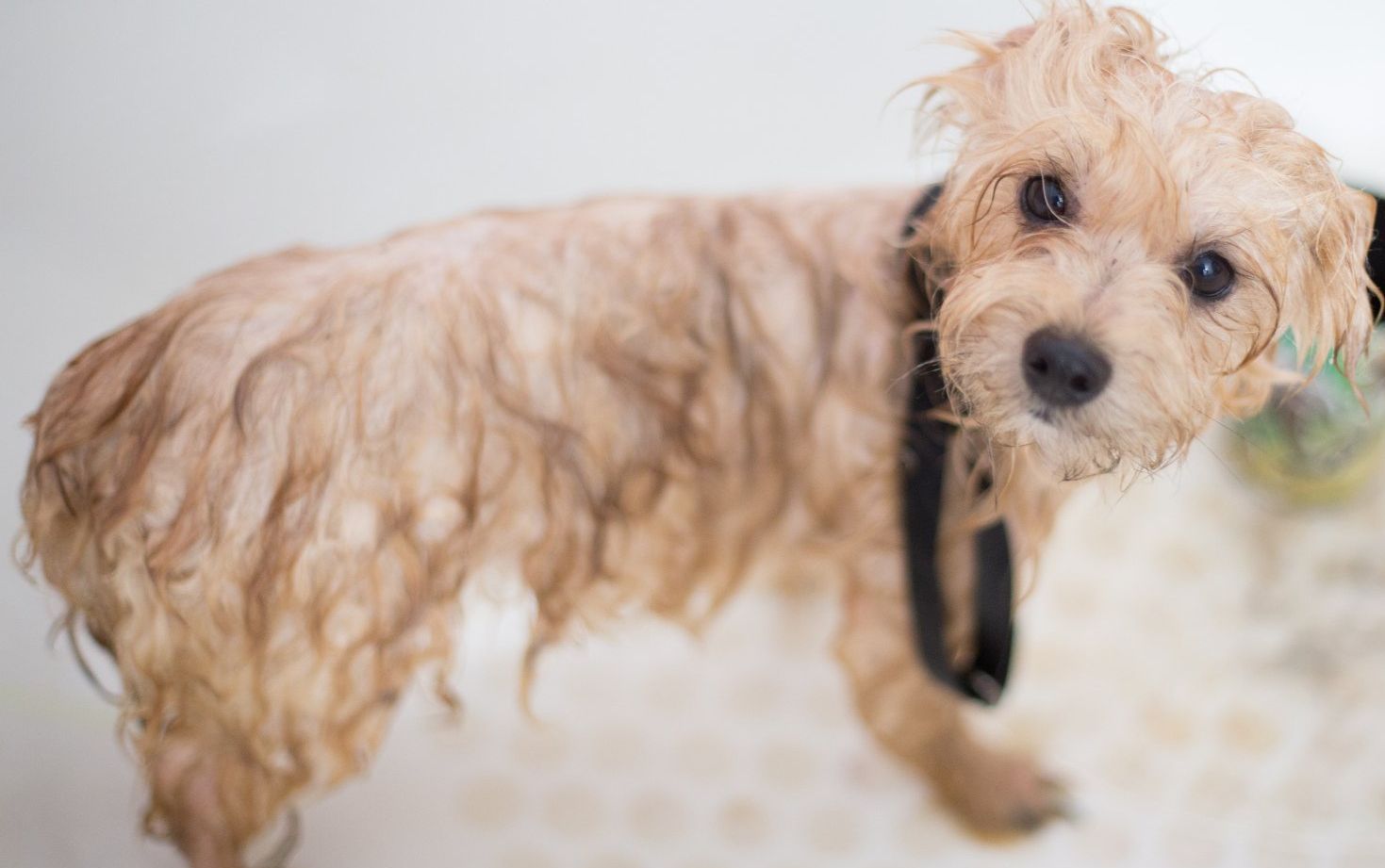
HOW TO MAKE NATURAL HOMEMADE PET SHAMPOOS
Shampoos for Pet’s With Sensitive Skin:
Creating homemade shampoos for dogs or cats with sensitive skin is an excellent way to ensure your furry friend stays clean and comfortable without exposure to harsh chemicals. These DIY solutions can be tailored to your pet's specific needs and are often more cost-effective than commercial alternatives.
Understanding Pet Skin Sensitivity
Pets, like humans, can have sensitive skin that reacts poorly to certain ingredients. Common signs of skin sensitivity in dogs and cats include:
· Excessive scratching or licking
· Redness or inflammation
· Dry, flaky skin
· Hair loss
· Hot spots
These symptoms can be caused by allergies, environmental factors, or reactions to grooming products. By creating a gentle, natural shampoo at home, you can help alleviate these issues and keep your pet's coat healthy and shiny.
Benefits of Homemade Pet Shampoos
Homemade shampoos offer several advantages over commercial products:
1. Control over ingredients: You know exactly what's going into your pet's shampoo, avoiding potential irritants.
2. Cost-effective: Many ingredients are inexpensive and readily available.
3. Customizable: You can adjust recipes to suit your pet's specific needs.
4. Environmentally friendly: Less packaging waste and often more sustainable ingredients.
Essential Ingredients for Sensitive Skin Shampoos
When crafting shampoos for pets with sensitive skin, focus on gentle, soothing ingredients:
· Oatmeal: Known for its anti-inflammatory properties, oatmeal can help relieve itching and soothe irritated skin.
· Aloe vera: This natural moisturizer has cooling and healing properties.
· Glycerin: A humectant that helps retain moisture in the skin.
· Coconut oil: Offers antimicrobial properties and helps moisturize dry skin.
· Chamomile: Has natural anti-inflammatory properties, making it ideal for sensitive skin.
Basic Homemade Shampoo Recipes:
Oatmeal Shampoo for Dogs
Ingredients:
· 1 cup of uncooked oatmeal
· 1/2 cup of baking soda
· 1 quart of warm water
Instructions:
1. Grind the oatmeal into a fine powder using a food processor or coffee grinder.
2. In a large bowl, mix the oatmeal powder with baking soda.
3. Gradually add warm water, stirring until well combined.
4. Apply to your dog's wet coat, massaging gently.
5. Let sit for a few minutes before thoroughly rinsing.
Shampoo #2
Ingredients:
· 1/4 cup of unscented castile soap
· 1/4 cup of apple cider vinegar
· 1/2 cup of water
· 1 tablespoon of glycerin
Instructions:
1. Mix all ingredients in a bottle.
2. Shake well before each use.
3. Apply to your cat's wet fur, avoiding the face area.
4. Rinse thoroughly with warm water.
Specialized Shampoos for Specific Issues
Dry Skin Relief Shampoo
Ingredients:
· 1 cup of colloidal oatmeal
· 1/4 cup of aloe vera gel
· 1/4 cup of coconut oil
· 1 cup of warm water
Instructions:
1. Melt the coconut oil and mix with warm water.
2. Add colloidal oatmeal and aloe vera gel, stirring until well combined.
3. Apply to your pet's coat, massaging gently.
4. Leave on for 5-10 minutes before rinsing thoroughly.
Flea-Repelling Shampoo
Ingredients:
· 1 cup of warm water
· 1/4 cup of non-toxic dish soap
· 1/4 cup of white vinegar
· 1 pinch of cumin
Instructions:
1. Mix all ingredients in a bottle.
2. Shake well before use.
3. Apply to your pet's wet coat, avoiding the eyes and mouth.
4. Massage thoroughly and rinse well.
Tips for Bathing Pets with Sensitive Skin:
1. Frequency: Avoid over-bathing, which can strip natural oils. Most pets only need baths every 4-8 weeks.
2. Water temperature: Use lukewarm water to prevent skin irritation.
3. Gentle application: Be careful not to scrub too hard, especially on areas with visible irritation.
4. Thorough rinsing: Ensure all shampoo is removed to prevent residue from causing further irritation.
5. Drying: Pat your pet dry with a soft towel rather than rubbing, which can irritate the skin.
6. Spot testing: Before using a new shampoo, test it on a small area of your pet's skin to check for any adverse reactions.
Additional Considerations
pH Balance
The pH of a dog's skin is different from humans, ranging from 6.2 to 7.4. Cats have an even higher pH, around 7.5. When making homemade shampoos, it's important to consider this to avoid disrupting your pet's natural skin barrier.
Essential Oils
While some essential oils can be beneficial for dogs, many are toxic to cats. Always consult with a veterinarian before using any essential oils in cat shampoos. For dogs, use only pet-safe essential oils in very small amounts.
Consistency and Storage
Homemade shampoos may separate over time. Always shake well before use. Store in a cool, dark place and use within 1-2 months to ensure freshness.